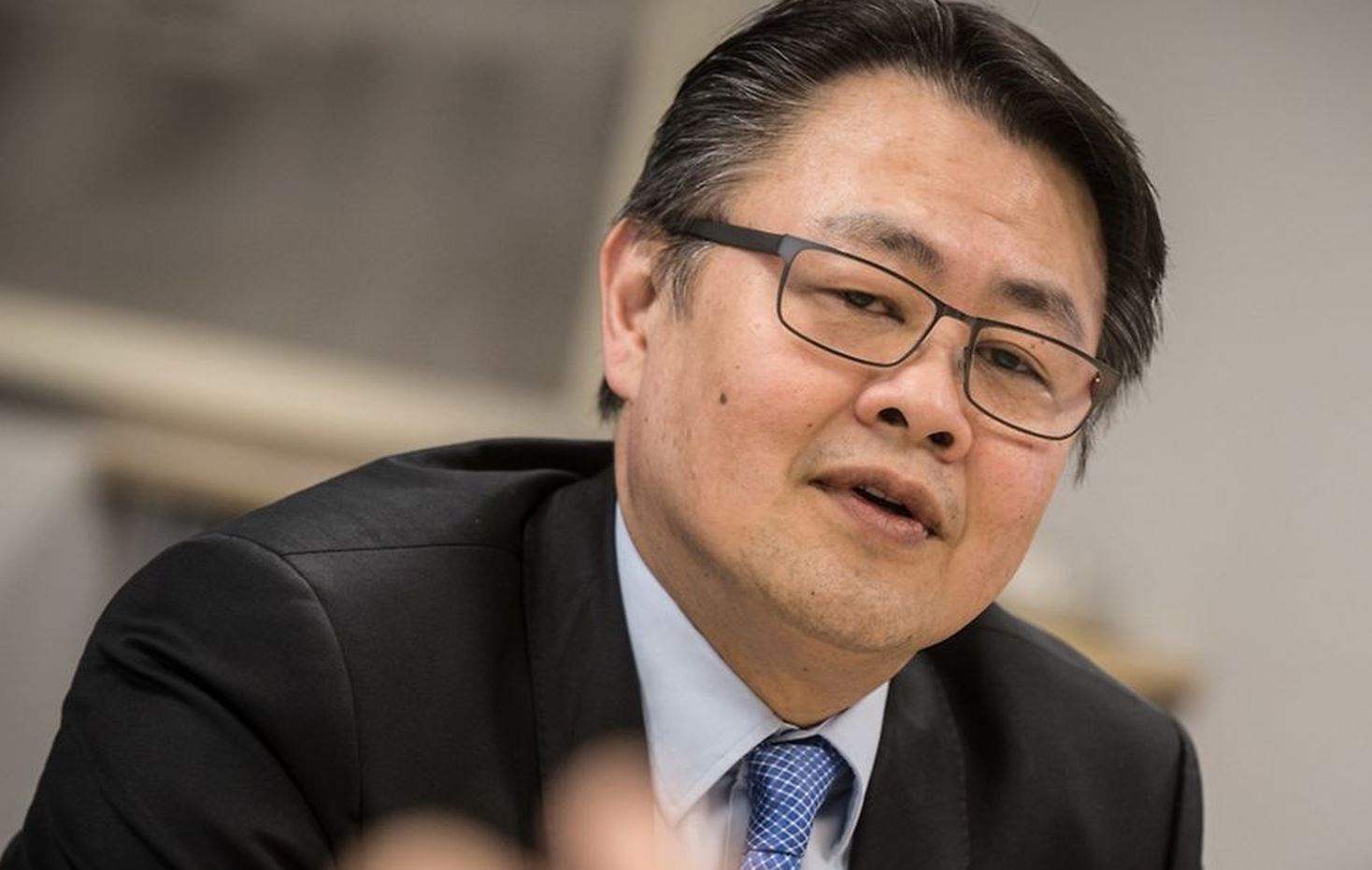article courtesy of BTNews. Subscribe at www.btnews.co.uk
On Tuesday 8 December the Aviation Club of the UK hosted a Webinar on pursuing business in France in the aftermath of Brexit. It is one of a series which the Club will continue into the new year.
David Priestley at UK Export Finance gave a government perspective.Karl Brünjes, Chairman, welcomed delegates and introduced the speakers.
Jean-Claude Bouche of JC15 Consulting who outlined the size and nature of the French aerospace market including consideration of the impact of Covid-19 and how priorities have changed over the last year.
Simon Phippard of Bird & Bird introduced the perspective of British aerospace companies. With the UK leaving the EU and not remaining within the European Union Aviation Safety Agency (EASA), UK businesses not only lose automatic access to EU markets, but many UK-issued aerospace licences and approvals are no longer valid on EU registered aircraft. While some businesses have an establishment in the EU or have transferred their licences to EU subsidiaries, many SMEs are not in that position.
Jean-Claude Vecchiato from Bird & Bird’s Paris aerospace practice explained that British companies no longer benefit from the provisions of the EU treaties such as freedom of establishment and of movement of goods and people. However establishing a business in France by, for instance, acquisition or joint venture, would mean that, in most circumstances, they do not have to be treated as “third country” businesses either for access to EU markets or for obtaining EASA approvals. Legally, supply contracts are not fundamentally affected but may need to be amended. Other issues which companies need to consider are the recognition of choice of law and enforcement of judgments.
Corporate partner Anne-Cécile Hansson explained how branches of UK companies will be treated as branches of “third country” companies, which may require notification of additional information. French law imposes restrictions on controls on foreign investment in certain sectors including some defence activities. However in principle there is no restriction on a UK company setting up a French subsidiary.
Laurence Clot, head of Bird & Bird’s tax practice in Paris, noted that double tax treaty provisions between France and the UK will protect taxpayers from most of the impact of Brexit. This is true of tax treatment of interest, royalties and branch taxes but there may be withholding tax implications in relation to dividends. On the other hand, if the UK changes some tax rates such that it is regarded as a tax haven, France may apply anti-abuse provisions. As is well known, VAT and customs duties will be handled very differently on imports and exports between the UK and France.
David Priestley Head of Export Finance Managers and Business Group Operations at UK Export Finance, and formerly with Rolls-Royce gave the Government’s view. This is the operating title of the Export Credits Guarantee Department, the United Kingdom’s export credit agency and a ministerial department of the UK Government. He explained how the assistance can be obtained providing guarantees, letters of credit, loans and credit insurance to assist businesses in securing, fulfilling and getting paid for orders.
www.gov.uk/government/organisations/uk-export-finance



